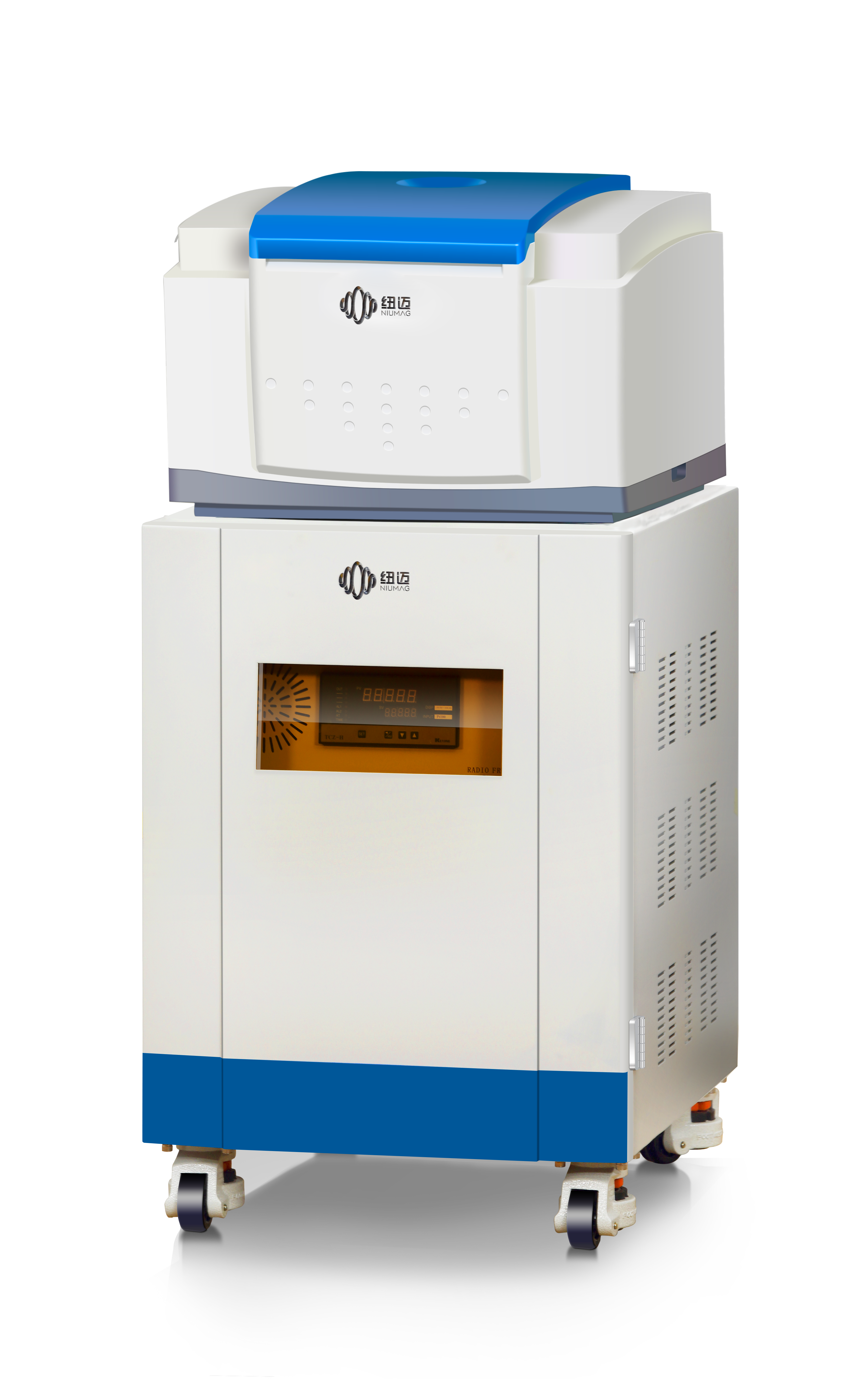Solid Fat Content Determined by NMR
Solid Fat Content note
Solid Fat Content (SFC) determination is basically accepted analysis of fats or oils in the food industry and manage & control the quality of these products. Compare to the traditional extraction methods for Solid Fat Content(SFC) determination are slow, non-repeatable, and require additional chemicals. Direct measurements of solid fat content(SFC) by NMR (nuclear magnetic resonance) provides fast and accurate measurement of the value of solid fat content(SFC). NMR as method of fats and oils analysis is included in the following international standards:
ISO8292-2
ISO8292-1
AOCS Cd 16-81
AOCS Cd 16b-93
Solid Fat Content Measurement Flow
For this method it is needed the NIUMAG PQ001 NMR analyzer together with the solid fat content(SFC) application and the tempering devices. Sample preparation is determined by measurement protocol according to fat nature. The calibration is prepared using calibrations samples with known solid fat content (SFC) value. Calibration samples also are used for daily validation. Solid Fat Content(SFC) determination by NMR is based on direct ratio measuring between the solid and liquid parts of the sample. Single measurement requires less than 30 second. solid fat content (SFC) value is determined for several temperatures starting from 0 °C, behavior of obtained melting curve described content and quality of fat.
Benchtop NMR analyzer PQ001 from NIUMAG with 10 mm tesT tube for solid fat content (SFC) measurements because of fine technical characteristics which make measurements very reproducible and accurate. PQ001 fulfills the requirements of international standards like AOCS Cd 16b-93, ISO 8292, IUPAC 2.150. The device is submitted with original calibration samples (typically 0, 30, 70 and 100% of SFC) and tempering devices.NIUMAG PQ001 maintains automatic start of the measurement.
Because ‘H’ in solid and liquid fat exists in different states, the FID signal decay of pulsed NMR shows different characteristics. Solid fat signals decay rapidly, typically to zero at 70us. Liquid fat signals decay more slowly and are generally considered to have virtually no loss at 70us.
Because the NMR signal from solid decays much faster than that from liquid. Thus, measurements can be made at two points on FID (below), each at the point “T1 =11us”, which corresponds to the sum A1 of the solid and liquid signals. At another point “T2 =70us”, the solid signal at this point has decayed to 0, and the tested signal A2 is only liquid signal. Through calculation, the solid fat content of the sample at the corresponding temperature can be obtained. The curve of temperature and solid fat can be obtained by testing multiple temperatures.
NIUMAG PQ001 NMR Analyzer for SFC
Advantages of Benchtop NMR method for measuring solid fat content
Benchtop NMR is the only direct measurement of solid fat content (SFC), unlike indirect methods such as differential scanning calorimetry (DSC) and dilatometer, which obtain results by measuring the melting point (i.e., the volume change resulting from solid phase melting).
Benchtop NMR has been the preferred method for solid fat content (SFC) determination for many years. Benchtop NMR is also the officially recognized standard method for solid fat content (SFC) measurement, which has many advantages compared with traditional methods.
Regardless of the sample’s constant temperature processing, Benchtop NMR method takes a short time to measure (usually 6 seconds) and the testing process is simple.
The device is simple to operate, allowing simple training to use it
NMR is a non-destructive testing technique that allows repeated measurements or other measurements of the same sample
NMR method is convenient to calibrate, and the instrument is stable and reliable.
 NIUMAG
NIUMAG

